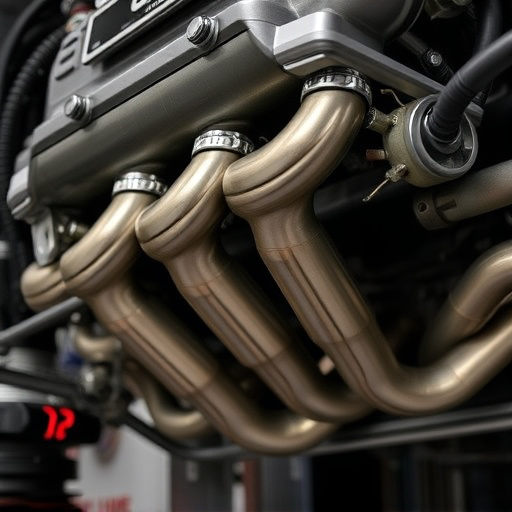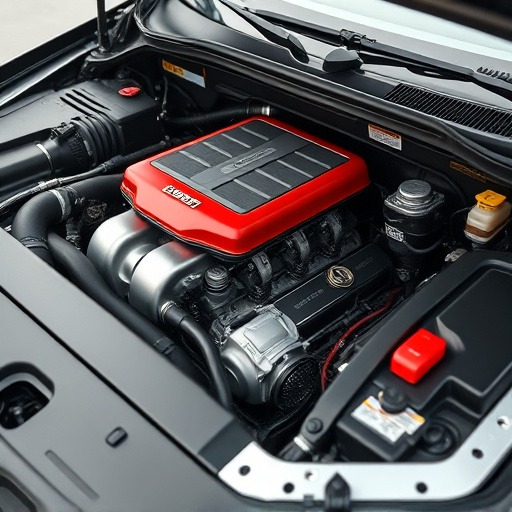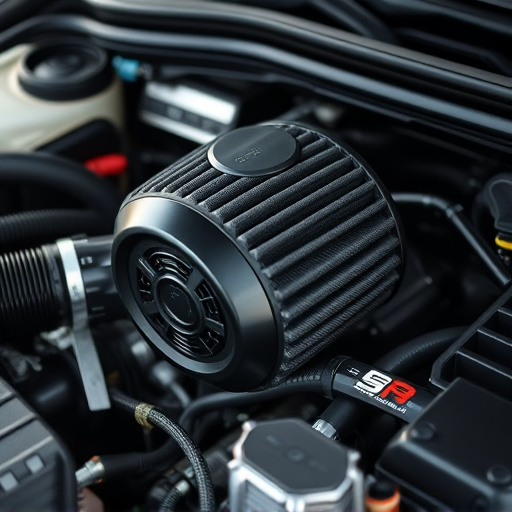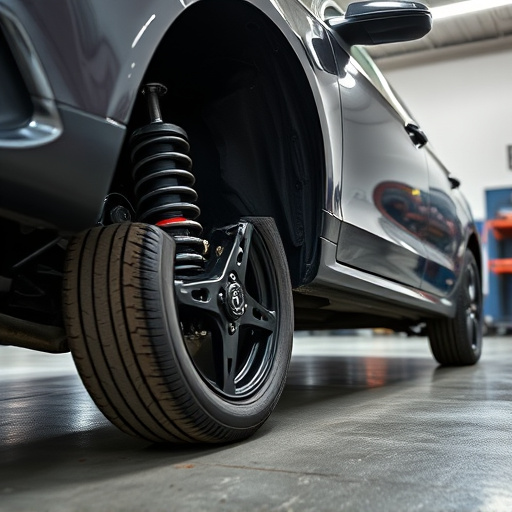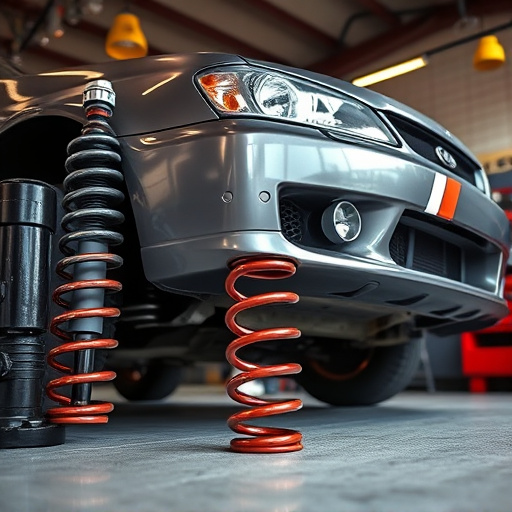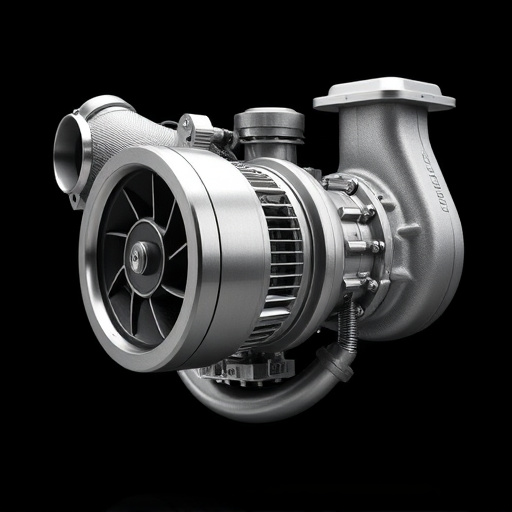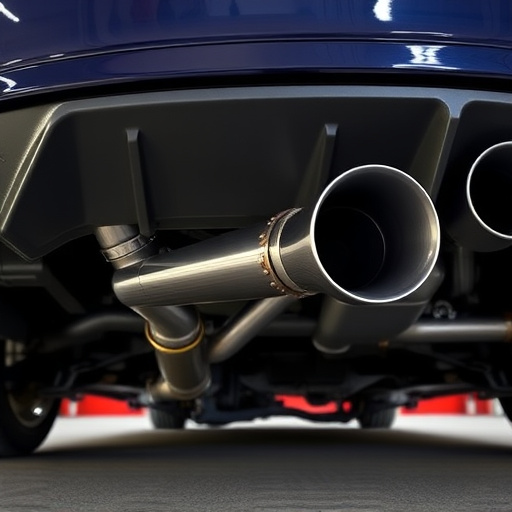Dyno tuning is a scientific approach to maximizing engine performance through meticulous calibration using specialized equipment like dynamometers (dynos). Mechanics utilize dynos to gather precise data on various engine aspects under controlled conditions, allowing them to make informed adjustments to fuel injection, ignition timing, and air-fuel mixture ratios. This process ensures harmony among all components, from brake rotors to air filter kits, delivering peak performance without compromising reliability. Dyno tuning employs real-time data analysis to fine-tune timing, ignition, and fuel delivery, resulting in significant horsepower, torque, and efficiency gains while maintaining stability and synergy with high-performance upgrades.
“Unleash your engine’s true potential with the precision engineering of dyno tuning. This powerful process, often hailed as a ‘game changer’ in automotive circles, optimizes engine performance with meticulous accuracy.
Our article guides you through the art of dyno tuning, from understanding its fundamentals to witnessing its transformative effects. We’ll explore step-by-step processes and uncover benefits that range from enhanced power output to improved fuel efficiency. Discover best practices to achieve optimal engine performance and tap into your vehicle’s hidden power.”
- Understanding Dyno Tuning: The Art of Precision Engineering
- How Dyno Tuning Enhances Engine Performance: A Step-by-Step Process
- Benefits and Best Practices for Achieving Optimal Engine Performance Through Dyno Tuning
Understanding Dyno Tuning: The Art of Precision Engineering
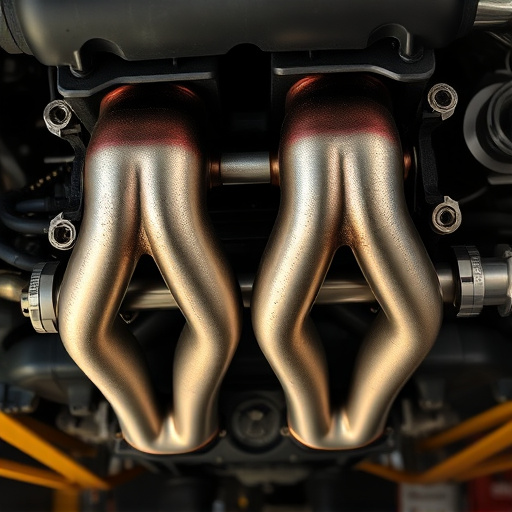
Dyno tuning is an advanced engineering technique that pushes the boundaries of engine performance to its utmost potential. It involves meticulously calibrating and fine-tuning various components within an engine to achieve optimal efficiency and power output. By utilizing specialized equipment, such as a dynamometer (dyno), mechanics can measure and analyze every aspect of the engine’s operation under controlled conditions. This precise data collection allows for informed adjustments to critical elements like fuel injection, ignition timing, and air-fuel mixture ratios.
The art of dyno tuning lies in its ability to uncover hidden potential within high-performance vehicles. It’s not just about enhancing power; it involves optimizing the entire system to ensure every component works in harmony. From fine-tuning brake rotors for improved heat dissipation to selecting the perfect air filter kits for enhanced airflow, every detail matters. Dyno tuning offers a scientific approach to engine building, ensuring that each modification is accurately measured and tailored to deliver peak performance without sacrificing reliability.
How Dyno Tuning Enhances Engine Performance: A Step-by-Step Process
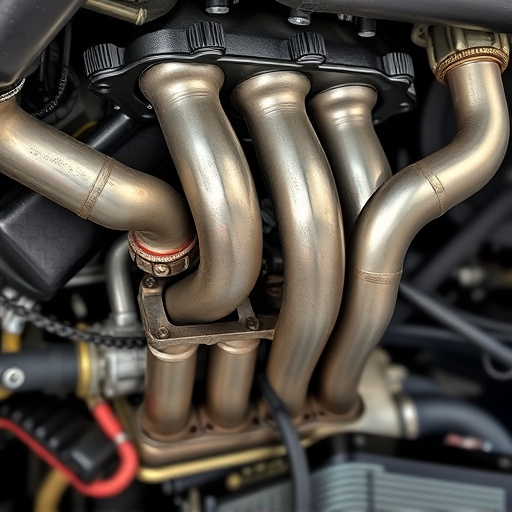
Dyno tuning is a powerful method to enhance engine performance with precision, ensuring each component works in harmony for optimal results. This process involves a step-by-step approach where specialists use a dyno, a rotating road simulator, to test and fine-tune various aspects of an engine.
By mounting the engine on the dyno, technicians can precisely control and measure factors like RPM, horsepower, torque, and fuel efficiency. Through real-time data analysis, they adjust settings related to timing, ignition, and fuel delivery, often aided by advanced tools like performance air filters and coilover kits. This iterative process allows for a deep understanding of the engine’s behavior, leading to adjustments that maximize power output while maintaining stability and reliability, especially when combined with carefully selected and upgraded suspension components.
Benefits and Best Practices for Achieving Optimal Engine Performance Through Dyno Tuning
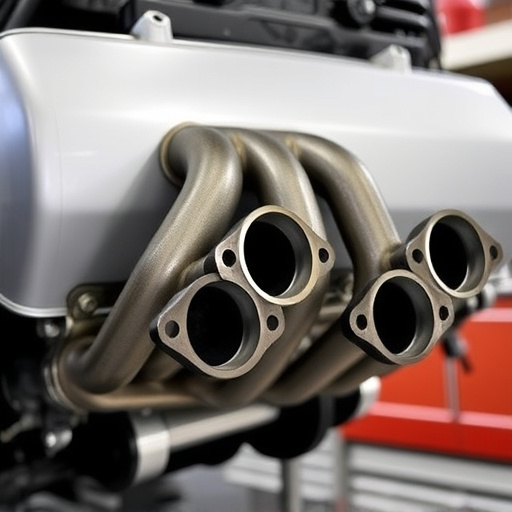
Dyno tuning offers a multitude of benefits for maximizing engine performance with precision. By utilizing advanced technology to measure and analyze engine output, dyno tuning allows for precise adjustments to various components such as fuel injection, ignition timing, and air intake systems. This results in optimal combustion, leading to increased horsepower, torque, and overall efficiency. Moreover, it ensures that high-performance parts, like performance air filters and cat-back exhausts, are tailored to work in harmony with the engine for maximum effectiveness.
To achieve optimal engine performance through dyno tuning, several best practices should be followed. First, a thorough understanding of the vehicle’s specifications and limitations is crucial. This includes knowing the engine’s capabilities and the potential improvements offered by different high-performance parts. Next, regular maintenance and proper setup are essential; ensuring that all components are in good working condition and correctly calibrated. Additionally, data acquisition systems should be used to monitor and record performance metrics during tuning processes, allowing for precise adjustments and continuous improvement. Lastly, safety should never be compromised; always adhere to recommended procedures and guidelines when handling high-performance parts and dyno tuning equipment.
Dyno tuning, with its precision engineering approach, stands as a game-changer in maximizing engine performance. By utilizing specialized equipment and data-driven strategies, this process fine-tunes every aspect of an engine, from fuel injection to ignition timing. Through step-by-step adjustments, dyno tuning not only enhances power output but also improves efficiency and reliability. Embracing best practices ensures optimal results, making dyno tuning an invaluable asset for those seeking peak engine performance in today’s automotive landscape.


